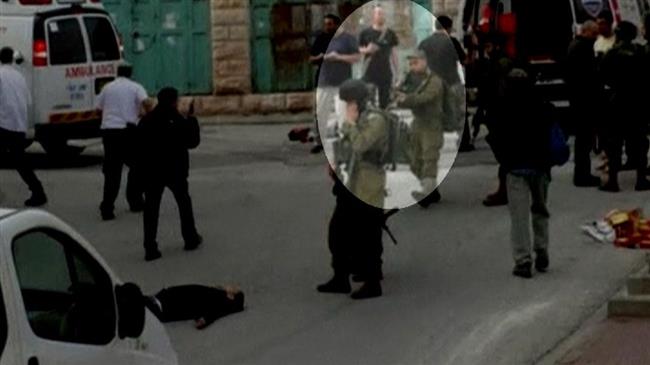
RNA - Elor Azaria was freed from Tzrifim military prison near Tel Aviv on Tuesday, an army spokesman confirmed to AFP.
In March 2016, Azaria shot dead Abdel al-Fattah Yusri al-Sharif, a Palestinian who was lying on the ground with gunshot wounds in the city of al-Khalil (Hebron) in the south of the occupied West Bank.
Sharif had sustained the injuries following an alleged stabbing attack on other Israeli forces. Azaria arrived at the scene approximately 11 minutes after the purported assault, cocked his rifle and shot Sharif in the head, killing him.
The incident was caught on video by a human rights group and circulated online.
Azaria was found guilty in January 2017 of manslaughter by an Israeli military court, in a verdict that could have sent him behind bars for 20 years.
However, he was only sentenced to 18 months in prison.
Chief of staff Gadi Eisenkot later reduced the term by four months and earlier this year, a parole board ordered a further cut. He was supposed to be released on May 10, but qualified for earlier release to attend his brother’s wedding.
According to Press TV, Azaria was greeted at his home southeast of Tel Aviv with Israeli flags and signs saying, “It’s so good to have you home, the soldier of us all,” and “Welcome home, Elor the hero,” Ha’aretz reported.
The trooper had told the court that he had shot Sharif fearing that he was wearing an explosive belt.
Right-wing politicians, including Prime Minister Benjamin Netanyahu, had called for him to be pardoned.
847/940